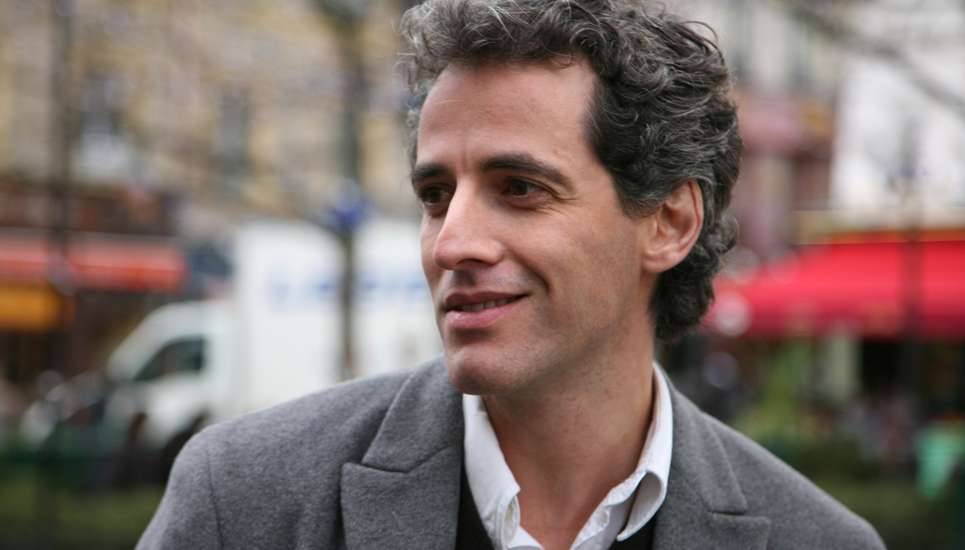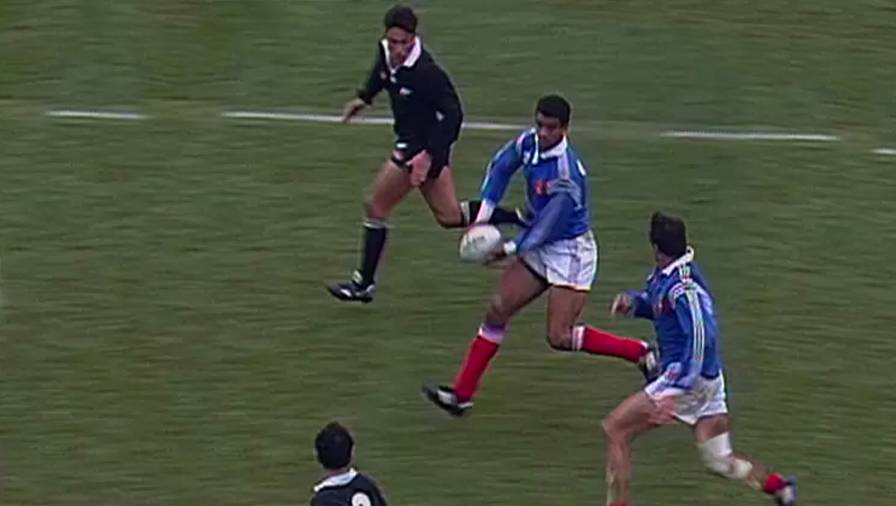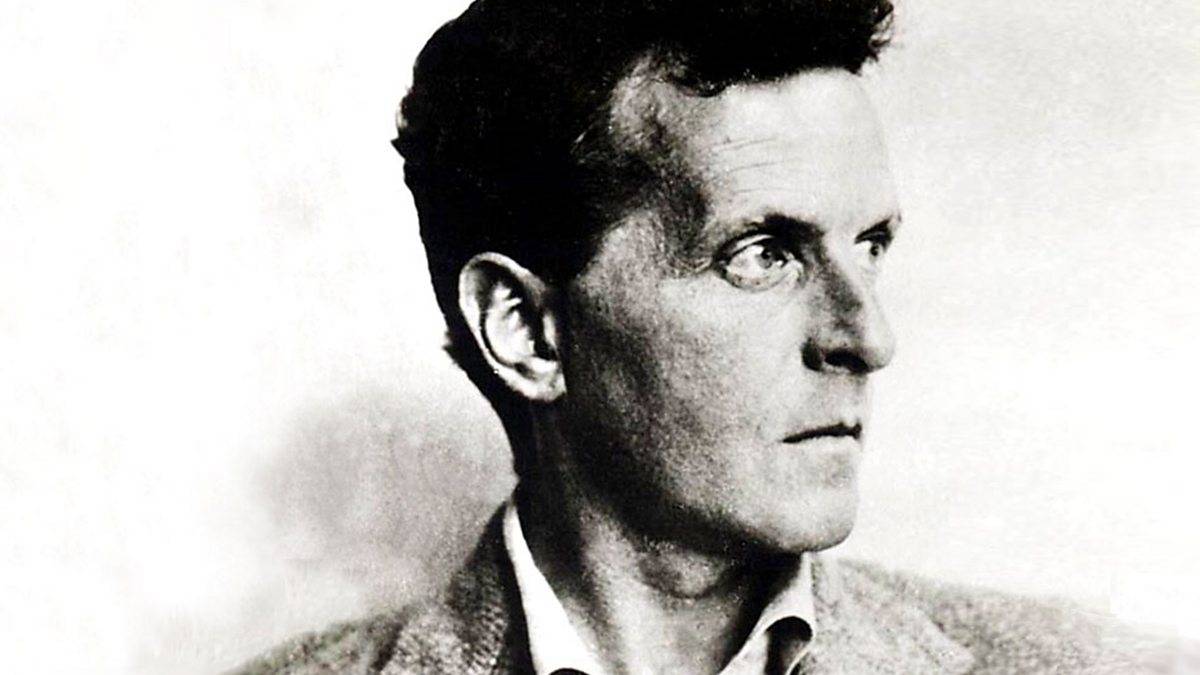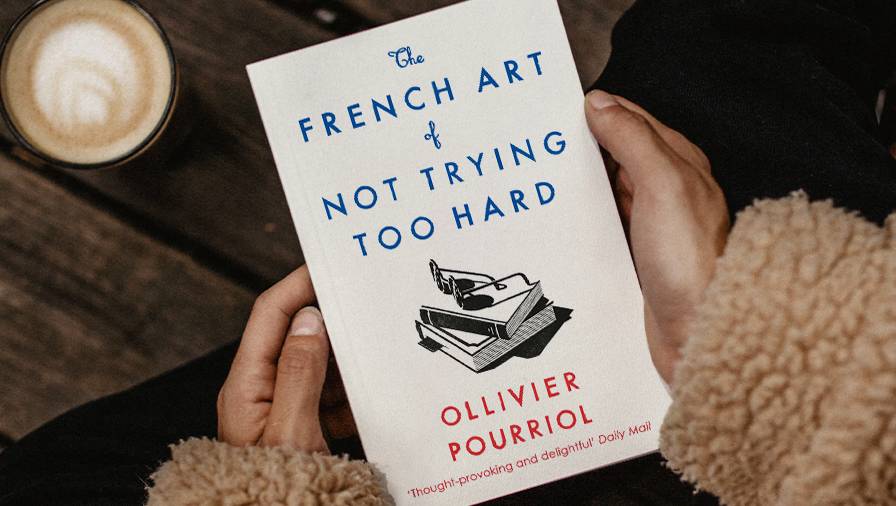Success by making the hard look easy
OPINION: Philosopher’s advice on how the French do it better.
NBR columnist Nevil Gibson speaks with Dita De Boni.
OPINION: Philosopher’s advice on how the French do it better.
NBR columnist Nevil Gibson speaks with Dita De Boni.
The closest some of us get to France and its culture is the annual French Film Festival, which with its Italian equivalent outshined last year’s indigenous fiasco.
This year’s collection of French movies, now making their way around the country, has been cut to 21, while the Italian has 22 (including some classics) but has expanded its venues to 21. Both countries give solid support to promoting their national industries on the international scene, with the French also offering the free TV5 Monde streaming service.
But it isn’t just movies that makes French culture relevant. The closest country to New Zealand is a French territory, while the Catholic religion was introduced by a French bishop.
For many, the appeal of Frenchness can be summed up in the phrase “Je ne sais quoi". Simply put, it is a quality than cannot be adequately described or expressed.
Philosopher Ollivier Pourriol attempts a definition: “A mixture of noble arrogance and popular insolence, seriousness in things light-hearted and lightness at moments of great seriousness; in short, a desire for effortlessness synonymous with both elegance and pleasure.”
It is found in the French love of gastronomy; its political expression in liberty, equality and fraternity; a taste for beauty and indulgence; and an exceptional interest in philosophy and argument.
Pourriol was asked to write what he calls an ‘airport book’ entitled The French Art of Not Trying Too Hard (in French, Facile: L’art français de réussir sans forcer). Born in 1971, he has written several novels and philosophical works (none translated into English).

Ollivier Pourriol
The hardest part, he admits, was getting started. The French way means many things, not least to foreigners for whom the book is not originally intended.
“If you try to define it too closely you miss its essential quality, which is the ability to protect its mystery, and thereby retain its attraction,” he writes. But the subject is not hard for outsiders to believe about the French; they have an ability to succeed where this is not linked to the effort put in. To the contrary, success is noted for the absence of apparent effort.
Historical explanation
Pourriol delves back into history for an explanation. The 17th century, in fact, known in France as the Grand Siècle of Louis XIV, when the qualities of effortlessness to achieve something were admired in the royal court. This contrasts with the bourgeoisie’s work ethic and belief that one’s success is due to merit, not birth.
This ‘royal way’ survived the Revolution and the destruction of the aristocracy after 1789 to become an admired characteristic of effortless Frenchness. Once this definition is settled, Pourriol elaborates with many examples from French culture. They include writers, artists and sculptors as well as actors, pianists and philosophers.
Apart from creativity, tennis players, golfers, athletes, tightrope walkers and free divers are also prominent, as are activities such as horse riding, surfing, skiing and sailing.
Success in any of these fields requires talent and practice. But Pourriol sees the difference in how this achieved as more than just application. He discusses Malcolm Gladwell’s 10,000 hours thesis in Outliers as falling short in one respect: no amount of effort guarantees success.
High performance
Those who do have other explanations. High-performance athletes talk about being “in the zone” or a “state of grace.” They enter another level where their ability surpasses the normal physical limits in a way they find hard to explain.

'French flair' snatched the 1994 test against the All Blacks at Eden Park.
Perhaps the most bizarre example, and on which Pourriol spends four pages, is the 'French flair' in rugby as Les Bleus raced from one end of Eden Park to the other to snatch victory over the All Blacks in the final minutes of a test played on July 3, 1994.
For others, who are dependent on elements beyond their control, it means going with the flow, be it a wave, the wind, a horse or a ski run. Pianist Hélène Grimaud calls it a “visitation.” She refuses to do dress rehearsals before performing a new work, preferring to let her playing just happen, relying on her previous practice to get her through.
In his early career, actor Gérard Depardieu had English-speaking parts but did not understand the language. Instead, he paid more attention to the punctuation of what he was saying than the meaning. When a director once explained the meaning of a dialogue, Depardieu said he froze and was initially unable to act the part.
The dangers of over-thinking were enunciated by Descartes, France’s first modern philosopher, though he spent much of his life (1596-1650) in the Dutch republic. His advice was to take an idea and stick with it. Preferably, your choice of a field in which to excel should be something you really like doing.
‘Call of the wild’
Avoid things you are not good at and indulge in what Pourriol terms the 'call of the wild.' Jack London’s book of that name is about a dog who wants to be the best in a sledge team because he likes it. The other dogs not so much. If you aren’t good at maths or cooking, don’t attempt to burn yourself out trying.
Descartes favoured consistency in solving a problem and acted on his own advice. One was not to reveal too much information.
On his travels, he once asked some German seamen to take him on a boat ride. As he was wealthy, the mariners plotted how to rob and dispose of him during the trip. But Descartes did not reveal he could understand German, and worked on a plan to avoid being robbed and murdered. He exposed their scheming with threats that made them back off.

The German philosopher Ludwig Wittgenstein (above), one of Pourriol’s few non-French sources, also warned against over-thinking. “When you feel yourself coming up against a problem you need to stop thinking about it, otherwise you can’t get free of it,” he wrote in his Secret Notebooks, compiled during World War I.
“You have to start thinking at the point where you can sit comfortably… Difficult problems must resolve themselves before our eyes.”
Dicing a problem
Much earlier, Descartes outlined his method that heralded the modern era of philosophy. Pourriol explains one key feature of the Cartesian method: “To resolve a problem, you must first dissolve it, and divide into as many parts as possible what at first sight seems like an overwhelming mess.” To quote Descartes himself, it is like the steps of a staircase, “there cannot be anything so distant that you won’t reach it, or so hidden you won’t discover it.”
That advice is exactly how the tightrope walker Philippe Petit achieved his daring feats, literally one step at a time.
Jean Guitton, in Le travail intellectuel (Intellectual Work, but not translated into English), offers another variation. “The art of not even trying consists in never allowing one’s will to become irritated and to tense up…”
Finally, the armchair philosopher of the imagination, Gaston Bachelard, says letting the mind wander enables you to “tone your whole being without risking the muscular betrayal which comes from the usual gymnastic exercises.”
While Pourriol considers his modest effort of less than 200 pages an ‘airport book’ – short enough to last a plane journey – it is likely to whet the appetite for more demanding reading.
From his extensive French sources, Pourriol lists 11 authors who have been translated into English. These include Bachelard, Petit, and Grimaud, all mentioned or quoted above, as well as Descartes. Others include works by Michel de Montaigne, Jean-Paul Sartre, Stendhal and Simone Weill.

The French Art of Not Trying Too Hard, by Ollivier Pourriol (Profile Books).
Nevil Gibson is a former editor-at-large for NBR. He has contributed film and book reviews to various publications.
This is supplied content.
Sign up to get the latest stories and insights delivered to your inbox – free, every day.